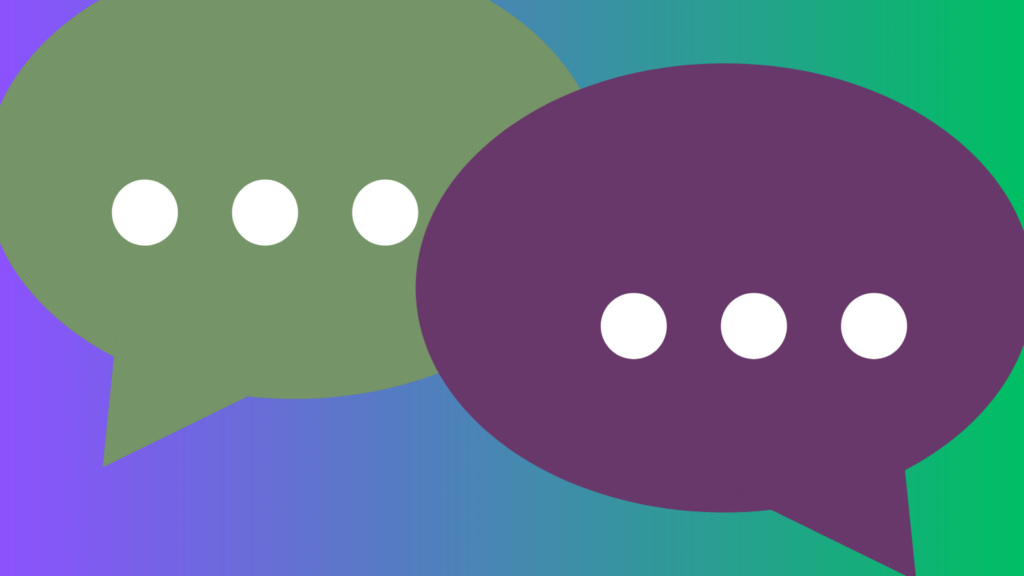Across the three days of PxP, we had some meaningful conversations and resource sharing taking place in the participant chat. In this summary, we aim to capture those discussions in a format that is anonymous and easy to digest. We recognise that this summary does not capture the full richness and level of detail of the conference chat. However, we hope this is a starting point for continuing these important conversations over the coming months.
Day 2, Session 2
Taking an alternative path in (self) research: a discussion with case studies and examples about responsible self-research and other non-traditional pathways to do research as a patient.
Discussions:
1. There were discussions around challenges in Navigating Healthcare Systems. Participants highlighted the challenges they face in accessing their health records, with variations in access depending on geographic location. This includes issues with electronic records, apps, and variability in access policies.
2. The discussion emphasized the autonomy that comes with having access to personal health data. People shared experiences of using apps and online tools to access their records, which can aid in understanding symptoms, tracking conditions, and making informed decisions.
3. Chat participants expressed frustration at the lack of research on specific conditions, and highlighted the challenges patients face when there is limited information available about their health status. People also shared ways in which they try to combat the gaps in knowledge. Also, further naming that not every patient is able to do intensive research into their conditions due to the need for general medical and scientific knowledge as well as additional time and energy.
“I'm sure there are some really intelligent and motivated patients who could teach themselves through things like Khan Academy but that's not usual and requires a lot of time and energy not many patients have”
“Sometimes I can find “adjacent” researchers to the topic and talk to them. Sometimes it takes a lot of reaching out to find someone who might be interested, but finding papers where someone has highlighted it as a gap in the research means that person might be amenable to talking more about it. Even if they aren’t the right person in the end or don’t have time, they’re often knowledgeable of others in the similar spaces who might be interested in partnering.”
“There's a desperate need for evidence gap maps to reveal not just gaps but massive land fractures in areas where too much goes unchallenged!”
4. The impact of patient-led research was emphasized, reinforcing the positive influence that sharing experiences and research outcomes can have on the community.
"Your work is motivational and inspirational."
“When will a patient researcher win the Nobel Prize in Medicine? The tenacity, intelligence, and success among this faculty...outstanding.”
5. There was discussion around the importance of support groups as a place to build trust and community. Participants highlighted the importance of connecting with trustworthy communities to navigate the complexities of healthcare information and share real patient stories.
"Why support groups are important, so patients can hear real stories from real patients."
6. AI can be useful as it helps de-mystify medical jargon in research. There was advice provided around how AI (like Chat GTP) could be used: “Don’t ask it for “what do you know about X topic” but give it a part of a paper, copy and paste it in, and say “please re-write this in lay language” or similar. And ask it questions based on the information you give it. That’s a great way to use LLM tools to help you dig into a topic or paper”
“I use Hyperwrite and it has a function where you can take text and it will explain it to you like you are 5 or 10”
7. Participants discussed the impact of health care professionals and the way they engage with patients. Emphasizing the need for professionals/providers “who (mostly) respect [patients] knowledge and experience.
“I agree Dana <conference speaker>, having a trusting and open relationship with your caregiver (if one is fortunate to have such a relationship) sure eases the care plan to be the best.”
8. Participants also shared ways they track their symptoms.
Resources shared in the chat:
- Info on the session's speakers: https://bit.ly/PxP-Day2-Session2-Speakers
- How to read a paper by Trish Greehalgh
- Article on Patient research: But Sara
- plateforme de ressources de PxP
- PERT Pilot iOS App: Search for "PERT Pilot" on the App Store.
- PERT Pilot Web Calculator
- Dana Lewis' Blog Post on Ethics and Ph.D.
- Dana Lewis' Blog Post on Personal Science
- Dana Lewis' Ph.D. Thesis

